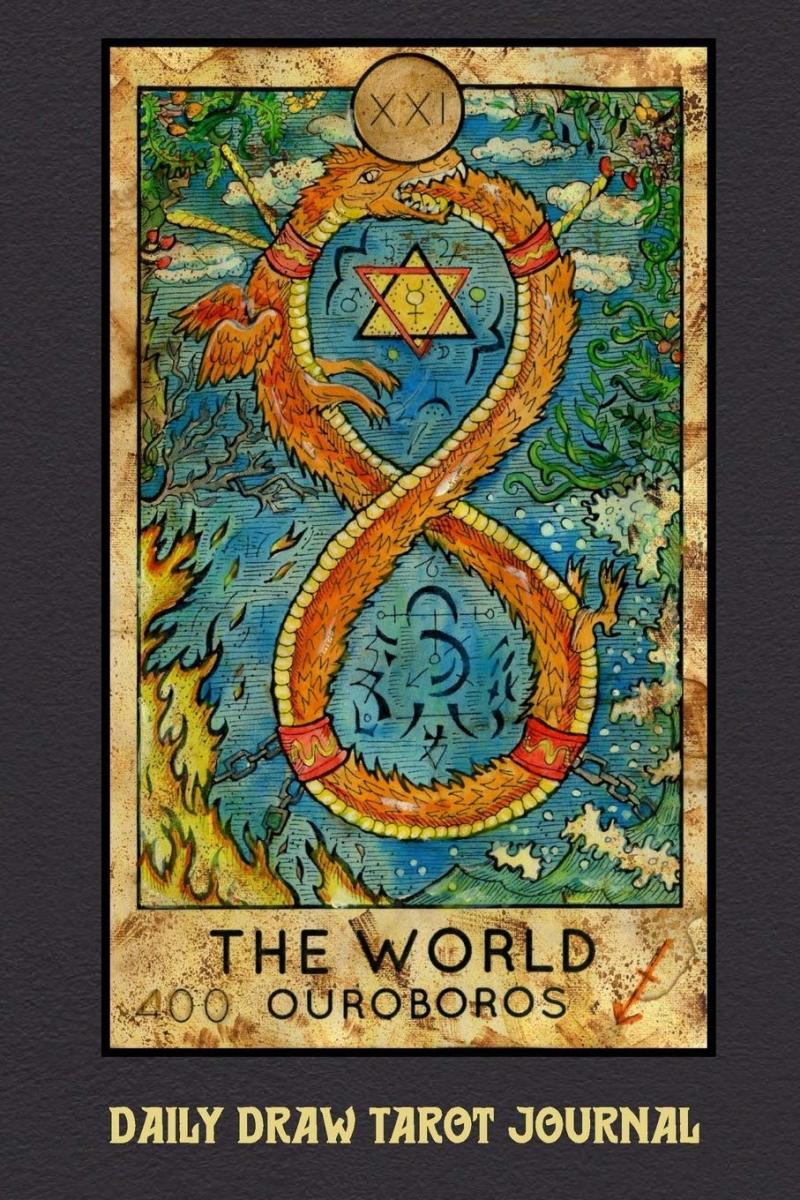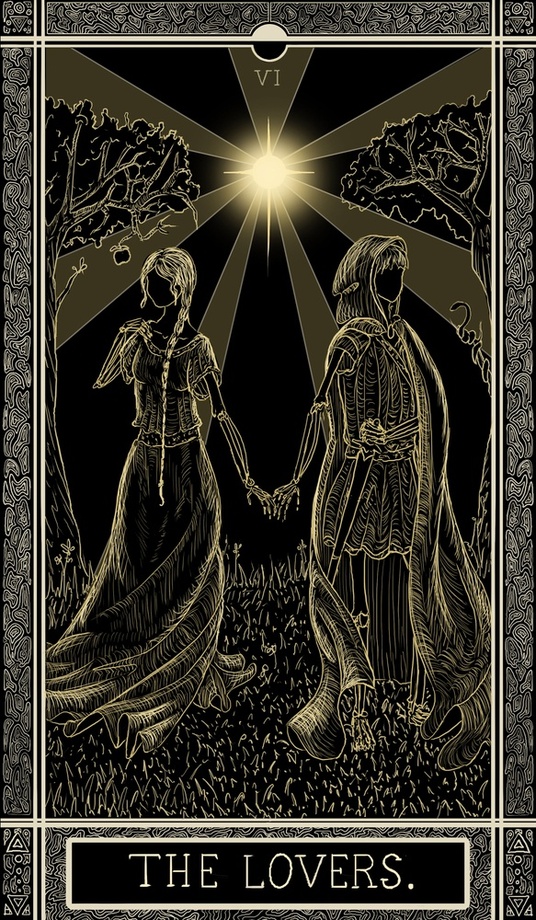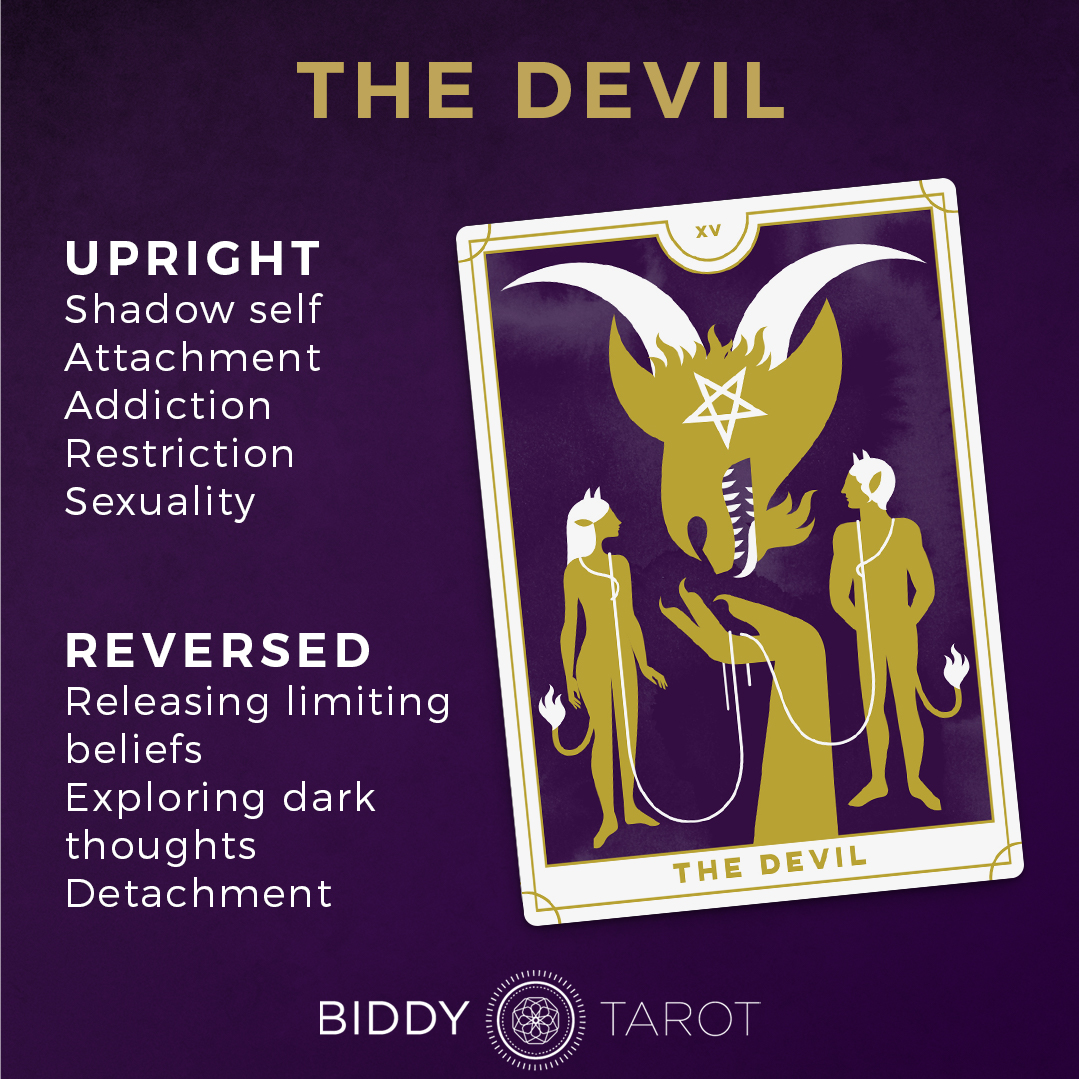
The number 5 has many meanings in the Tarot. It is the key holder and also known as the emotional numerology. For example, if you were drawing a mountain, the number Five would be at one's summit and the number One at the bottom. Although the symbolism behind the number five can be complex, it is an easy one.
The Judgement
The Tarot's Judgement of Five can be used to represent internal conflict. While the finality is evident in such a situation the others might be less sure. Although the decision might seem final, cardholders may not have any guidance or information on how to proceed. Although many Tarot cards imply a sense of inevitability, this one focuses on free will.

This card can also be used to call you to a higher level consciousness. It indicates that we must examine ourselves to be able to move into a higher frequency. This can help you heal and become more aware of yourself.
The Five of Swords
The Five of Swords card teaches us how to choose our battles. It is a card that can be found in relationships. You are encouraged to choose your battles carefully and to try to win them. You may have a problem with your relationship if you don't do this.
The Five of Swords may also reveal our darkest side. It can reveal when we are selfish or have disappointed someone. For example, you might see this card when you have been letting a loved one down or are currently engaged in an affair. You may also see it if you have fired someone.
The Hermit
The Hermit in Tarot represents solitude or a time when you need more of yourself. If you have a spouse, the Hermit may signify that you should separate. The Hermit signifies an inner journey that will teach your a lot.

A Hermit reading can provide valuable guidance on how to approach romantic relationships. It can help guide you through the consequences and then make the decision to move on. While the Hermit does not necessarily mean failure, it can be a warning sign that you should do some soul-searching before you embark on a romantic relationship.
FAQ
Where can you find free resources that teach more about hobbies and interests?
Many websites are dedicated to helping people find new hobbies.
Here are some of our favorite:
www.trythisathome.com - This site provides a list of over 100 different hobbies. It also offers information on how each one can be started.
www.hobbyfinders.org is a site that offers thousands of activities. It allows you to search by location, skill level and interest.
www.indiebazaar.co.uk - IndieBazaar is an online marketplace designed specifically for independent artists and musicians. The site sells hundreds of items, including artwork and music gear.
www.pinterest.com/explore/hobbies - Pinterest is a social media network that lets users "pin" images they find interesting onto their boards. Users can create boards to group things that they like into certain categories.
www.reddit.com/r/Hobbies Reddit allows users to share links to articles, videos and other content on their social media platforms. Users can vote on the posts they consider most valuable.
Can I make money by my hobby?
Many hobbies can bring in extra income.
If you are passionate enough about your hobby to decide to sell it,
A website might be a good idea if your hobby is collecting stamps.
This way, you can earn extra income without having to go through the hassle of actually buying and selling the stamps.
Another option is to start a YouTube channel in which you discuss your hobby.
This allows you to share what is important to you with others, and possibly generate additional revenue through premium content.
What are competitive hobbies, you ask?
You can compete in running, swimming or cycling as well golfing or tennis.
They're a great way to get social interaction and are enjoyed by those who love physical activity.
You will probably find people around you who have the same hobby as you, if you are into physical activity.
This could mean joining a club, or group that meets regularly to do sports together.
You may also want to play in a team game, where you are playing with others.
These include cricket, football, netball, hockey, netball, soccer, rugby, cricket, rugby, batsball, hockey, volleyball, badminton squash, handball and table tennis.
There are many types competition.
Some competitions can be used for only recreational purposes.
Others are designed to test the skill of competitors.
Other rewards are available to recognize exceptional performance.
These cases award prizes to the winners.
Other competitions are designed to test the strength and stamina of competitors.
These are called endurance events.
For example, marathon races, triathlons, Ironman Triathlon, etc.
Before participating in these events, athletes often train hard.
To prepare their bodies and minds, they will have to adhere to a strict training plan.
They might also need to be away from their homes during preparation.
It's important to remember that not all athletes compete in every type of event.
What are observation hobbies?
Observation hobbies can be activities that you watch people do. This could be watching sports, reading books or going on holiday. It could also include observing others.
Because they teach you how to think creatively, observation hobbies are great. This knowledge can be used later to help you with projects that you are working on for others or yourself.
If you are passionate about something, you will find it easier to learn about it.
If you're interested in football, for instance, you could watch it or read a book. If you want to learn more about photography, you could take or visit exhibitions.
You can play along with songs online or purchase a guitar if you love music.
You have the option to make your own meals or take out at a restaurant if you enjoy cooking.
If you like gardening, you could grow vegetables or flowers.
If dancing is something you enjoy, join a dance class.
If you like painting, you could paint pictures.
You could also write poems or stories if you enjoy writing.
You can draw pictures if your passion is drawing.
If you have a passion for animals, you might be able to look after them or work in a zoo.
If science interests you, you can study biology, chemistry or physics.
History lovers can watch films, read books or listen to podcasts.
If you like traveling, you could travel abroad or explore your local area.
What are your educational hobbies?
An educational hobby is a activity that allows you to learn by doing it. You could choose to learn how to play an instrument or play sports.
You should have fun with it. While you don't need to do it every day, if bored you might consider other activities.
Also, you need to be careful not to spend too much on these activities. They can end up costing more than you think.
What does a hobby really cost?
It costs nothing to start a hobby. If you're serious about it, however, it may take you many years to reach your goals.
However, there is something that can help. It's called 'passion.' If you have passion for whatever it is you do, you will find it easier to put in the hours required to make progress.
It is possible to become addicted once you begin putting in the work. This is where the real joy begins. Because you're doing something you like and it keeps getting better. This will mean that you will have likely made significant improvements by the end.
So don't worry too much about how long it takes. You can just try it. You may be surprised!
How do I find a hobby that interests me?
At first, it may seem like there is nothing you can do.
You may be thinking, "I'm just not artistic" or "I hate sports," or perhaps "I don’t even know what I know."
The truth is that you likely already have a lot experience in your chosen hobby.
It's only that you don't know it yet.
Have a look at your home. What amount of stuff do you have?
Are there any toys that you don't use anymore?
Perhaps you have a collection books or magazines.
Perhaps cooking has been something you've wanted to do all your life.
Perhaps you would like to play guitar again.
It doesn't matter what it is, you can probably turn it into a hobby.
The secret is to remember that you already have plenty to draw on.
Once you have done that, you will be able choose a hobby that suits your lifestyle.
Statistics
- A new survey by Pew Research Center of teens ages 13 to 17 finds that 36% of girls feel tense or nervous about their day every day; 23% of boys say the same. (pewresearch.org)
- 37% Video Games 36% Travel 36% Health and Fitness (quizexpo.com)
- Almost 80% of people claim to have no hobby. (hobbylark.com)
- The Role of the Mind in Sex, Dating, and Love: Men in the “humor” condition received phone numbers from 42.9% of the female participants and were refused 57.1% of the time. (time.com)
- I am 100% biologically a woman (discover.hubpages.com)
External Links
How To
How to learn a musical instrument
There are many ways you can learn to play music. There are many options. You can go to school, purchase a book, learn from an instructor, or watch videos online. However, if you decide to find your own way to learn, here are some tips and tricks that might help you out.
-
Find something that interests or appeals to you. If you don’t like any of these instruments, you can always try another. It would be hard to get into playing an instrument if you don't enjoy doing it.
-
Be patient. Learning something new takes time. Do not expect to be able to master every aspect of the subject immediately. Instead, keep practicing every day.
-
Regular practice is important. Do this even when you feel tired. This will ensure that your memory doesn't fade.
-
Choose a good place to practice. The ideal place to practice is one that is quiet and won't be disturbed by anyone else. Also, make sure that there aren't too many distractions. It is best to avoid listening to loud music nearby.
-
Have fun. Music is meant to be enjoyed. You should have fun practicing music. It will make you more motivated to keep going.
-
Set goals. When you set goals, you know exactly what you have to achieve. You will never be ashamed to fail.
-
Keep track of how you are doing. Note down your successes and mistakes. You will be able to improve your skills over time by writing down all of your achievements and failures.
-
Take breaks. Sometimes all it takes is to take a breather. Taking breaks can give you the time to think.
-
Ask questions. Ask questions. They may be willing to help.
-
Listening is the best way of learning. Many musicians learn by listening to the songs they love and then imitate them. This helps musicians understand the fundamental concepts of the song.
-
Read books. Read books to learn more than just watching videos or learning from classes. You will also find information in books that you won't find anywhere else.
-
Get involved in a band. Playing with others forces you to practice more. Plus, you will find people with similar interests to you.
-
Watch tutorials. Tutorials are short videos which explain many topics in great detail. Tutorials are short videos that focus on one part of the instrument. Watching tutorials can help you understand difficult parts of the instrument.
-
Try different methods. Some people learn best by reading, while others prefer lectures. You can experiment until you discover what works for you.
-
Practice makes perfect. You don't become an expert overnight. It takes a lot of work to be able to perform well.
-
Begin a group of musicians. Listening to other people play their favorite songs can help you learn faster.